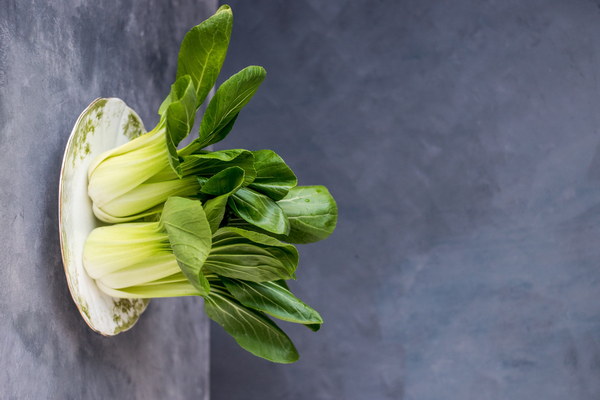Heart and Qi Nourishment A Holistic Approach to Reinvigorate Vitality
In the realm of traditional Chinese medicine, the concept of heart and qi nourishment is a foundational principle that emphasizes the importance of balancing the heart and the vital life force known as qi to maintain overall health and well-being. This article delves into the essence of this concept, offering insights into the practices and principles that can help individuals achieve a harmonious balance of heart and qi.
The Heart and Qi: The Core of Vitality
In Chinese medicine, the heart is not merely the physical organ responsible for pumping blood; it is also the seat of the mind, the source of wisdom, and the center of emotional expression. The heart governs the blood, ensuring its proper circulation throughout the body. Qi, on the other hand, is the vital energy that animates the body, facilitating all physiological processes and maintaining the body's balance and harmony.
When the heart and qi are in balance, an individual experiences vitality, clarity of mind, and emotional stability. However, when there is an imbalance, symptoms such as fatigue, irritability, insomnia, and poor concentration can arise. The goal of heart and qi nourishment is to restore this balance, promoting health and longevity.
Practical Tips for Heart and Qi Nourishment
1. Mindfulness and Meditation: The heart is deeply connected to the mind. Practices such as mindfulness meditation can help calm the mind, reduce stress, and nurture the heart. By focusing on the present moment, one can cultivate a sense of inner peace and harmony.
2. Nutrition: A balanced diet rich in nutrients is essential for heart and qi nourishment. Foods that are considered heart and qi tonics include dates, goji berries, ginger, and heart-healthy fats like those found in nuts and seeds.
3. Herbal Remedies: Traditional Chinese herbs can be used to support heart and qi health. Ingredients such as schisandra berries, astragalus, and codonopsis are known for their rejuvenating properties.
4. Exercise: Regular physical activity is crucial for maintaining healthy blood circulation and promoting the flow of qi. Gentle exercises like tai chi, qigong, and walking can be particularly beneficial.
5. Adequate Rest: Rest is vital for the heart and qi. Ensuring sufficient sleep and taking time to rest during the day can help prevent fatigue and support emotional balance.
6. Avoiding Stressors: Identifying and minimizing stressors in life is essential. This may involve setting boundaries, practicing relaxation techniques, and seeking support when needed.

The Benefits of Heart and Qi Nourishment
By engaging in practices that nourish the heart and qi, individuals can expect several benefits:
- Improved Emotional Well-being: Balancing the heart and qi can lead to increased emotional stability, reducing the likelihood of mood swings and emotional outbursts.
- Enhanced Cognitive Function: A healthy heart and qi contribute to clearer thinking, better memory, and improved concentration.
- Strengthened Immune System: The heart is closely linked to the immune system. Nourishing the heart and qi can help boost the body's natural defenses against illness.
- Increased Energy Levels: With balanced heart and qi, individuals often report feeling more energetic and vital.
- Longevity: A harmonious balance of heart and qi is associated with longevity and overall well-being.
In conclusion, heart and qi nourishment is a comprehensive approach to health that addresses the physical, emotional, and spiritual aspects of an individual. By incorporating these practices into daily life, one can cultivate a deep sense of vitality and well-being, reflecting the wisdom of traditional Chinese medicine.









![Nourishing the Soul A Journey through The Art of Chinese Medicine and Diet by [Author's Name]](http://img.bluepurple.cn/a/养生/48/Nourishing-the-Soul-A-Journey-through-The-Art-of-Chinese-Medicine-and-Diet-by-Authors-Name.jpg)